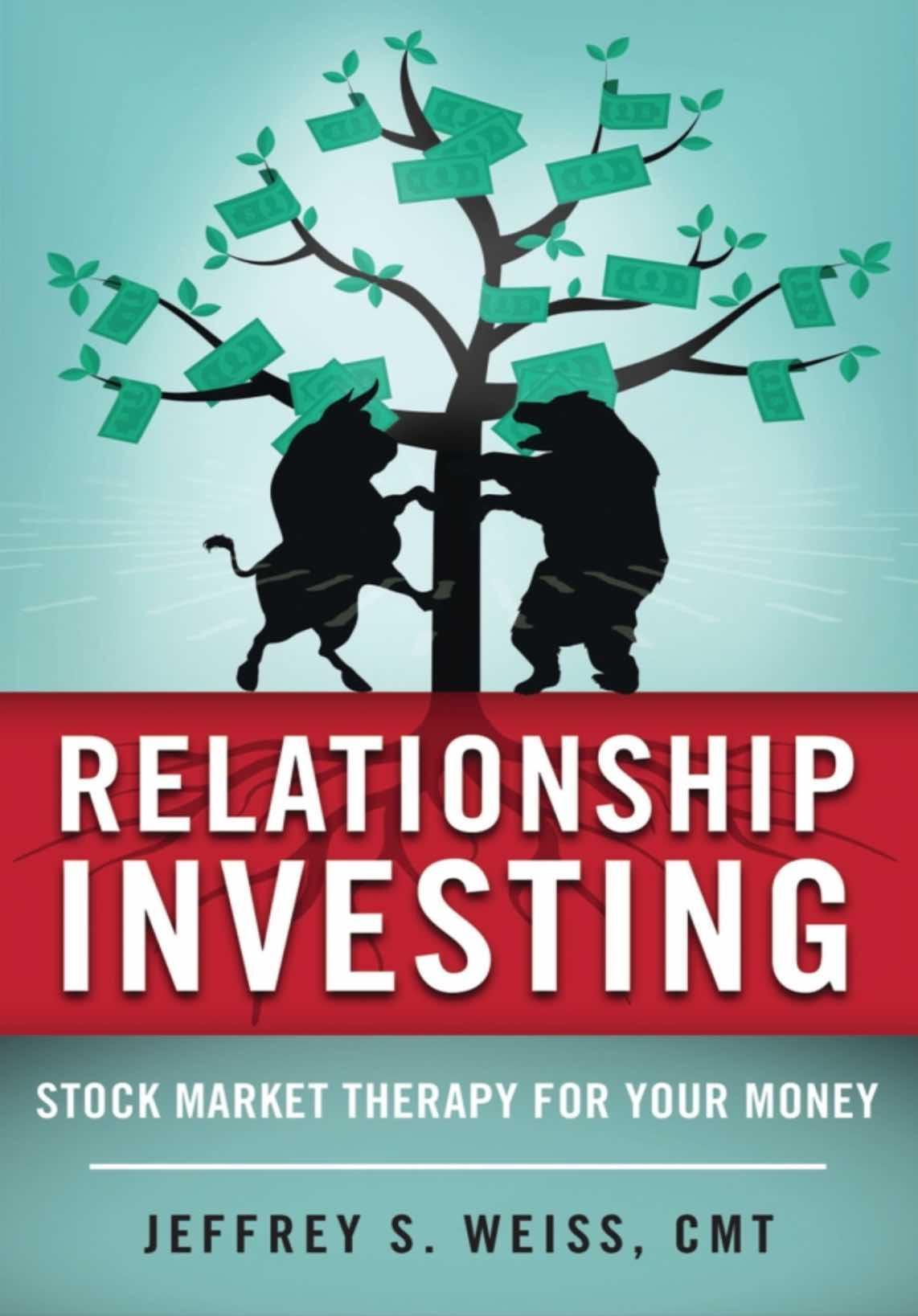I once read a humorous definition of the news: “What everyone but you knows about your stock.” As a technical analyst, I’m not concerned with the news but rather with the market’s response to the news, as evidenced by its technical (price) action in relation to its chart pattern and a variety of supply–demand gauges I track.
While analysts galore focus on key news items ranging from consumer confidence to economic statistics, from interest rates to retail sales, from oil prices to employment data, and from earnings releases to business inventories, no statistic in and of itself is going to change a primary market trend from bear to bull or vice versa.
There always seems to be some statistic that the “experts” have identified as a market key, depending on the period. I can remember when the money supply was front and center for a time back in the 1980s, when oil prices, debt levels, or some key economic barometer at a particular time was the number du jour of statistical watchers. They used these fundamental results in combination with other financial measures as a basis to formulate an investment opinion on the market’s direction and pen their research reports. But the stock market doesn’t follow anyone’s prewritten script. It’s not a science. It’s an art! Better in this analyst’s view to start with a blank canvas and proceed from there. After all, the market often behaves in a way counter to what you’d expect.
Do you think that the market can’t climb in the face of seemingly dire economic statistics or slide sharply amid a favorable news background? Do you believe that rising interest rates spell automatic death for the stock market or that lower ones always translate into bull runs? Did the collapse in oil prices from above $140 in July 2008 to the low- to mid-$30s vicinity in the first quarter of 2009 help cushion the market’s slide or help the airline sector gain altitude? Did President Nixon’s resignation in August 1974 stop the big bear market then in progress? No, no, no, and no! I remember that 1974 period like it was yesterday. So what gives?
What gives is that trying to interpret the effect of news on the stock market without having a handle on the stock market’s condition from a supply-demand standpoint is, to me, practically impossible. It’s like trying to predict how many miles you can go on your existing fuel supply when your car’s gas gauge is broken, or making a budget without knowing your cash on hand. Relationship-wise, can you decide to get engaged without having any idea about what your future plans are?

Yes, unexpected news can indeed exert a visible influence on the market’s movements; no doubt about it. However, moving beyond key technical price areas and gauges (both on the upside and downside) that have been in force for many months or even years is what usually changes the market’s supply-demand relationship and often causes sustained and substantial directional moves. A market that acts technically well, even in the face of an onslaught of negative news, is usually conveying a favorable underlying trend message. Isn’t this a characteristic of a good relationship as well, where successfully navigating through the tough times without harming the core of a relationship can make it stronger and endure longer? The opposite is true of a bearish overall market trend, where consistently positive news developments fail to lift the market indices above northerly regions that my charts deem of import. That’s what I observe: responses. Obviously, there are numerous gauges I track in attempting to accurately discern the market’s overall trends—a task far, far easier said than done. But at least I’m looking at the market’s price action when attempting to discern these trends as opposed to factoring in external events that exclude the supply-demand function.
To me, the most important determinant of whether a bull or bear market is in force, and whether an individual issue should be bought or sold, is not a specific news item or development but the action of the market and the shares themselves. Enough said.
(To be continued...)

This excerpt is taken from “Relationship Investing: Stock Market Therapy for Your Money” by Jeffrey S. Weiss.
To read other articles of this book, click here.
To buy this book, click here.
The Epoch Times copyright © 2023. The views and opinions expressed are those of the authors. They are meant for general informational purposes only and should not be construed or interpreted as a recommendation or solicitation. The Epoch Times does not provide investment, tax, legal, financial planning, estate planning, or any other personal finance advice. The Epoch Times holds no liability for the accuracy or timeliness of the information provided.








